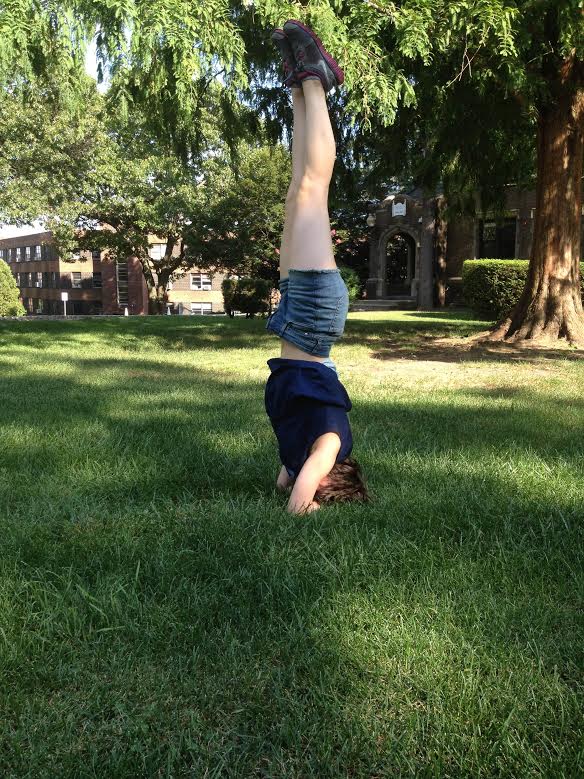I have Obsessive Compulsive Disorder (OCD). Not the “Omg, I’m so OCD because I like to arrange my tops by color and keep my apartment super clean” kind, but the real, clinically diagnosed kind. In the U.S. alone, approximately 3.3 million people suffer from OCD, though the symptoms and severity differ across sufferers. While OCD once was thought to be primarily triggered by environmental factors (childhood trauma, bullying, divorce, etc.), it is now accepted that the disorder has a neurobiological basis, and can therefore be treated with medication, among other forms of support.
It follows that a case of OCD is often coupled with other forms of mental illnesses, and it is in these disorders where it most often manifests. Depression, substance abuse, and eating disorders are just a few areas where sufferers channel their obsessions and compulsions.
From personal experience (and of which I’ve written about before), my own propensity to obsess has been present in eating disorders and generalized anxiety. In my own case, I’ve made use of a number of different avenues to help treat the condition; namely, psychiatry, therapy, nutrition counseling, and self-help. If you are being treated for OCD, consult with your doctor to see what other treatment options may be available to you.
While each approach has been helpful in its own right, I have especially come to value the indispensable notion that I can help myself. Through trial and error, I’ve learned that one of the best ways to manage my OCD has been through a regular yoga practice. Below I’ve discussed how the principles of yoga have helped me center myself while simultaneously letting go.
1. Yoga helps to maintain an equanimous mind.
Practitioners of yoga are taught to avoid thinking in binaries; by classifying something as good or bad, right or wrong, virtuous or sinful, we allow our thoughts to constantly fluctuate and this causes us undue stress. Yoga teaches us that there is another option, one that allows us to see things as they are without judgment. In practice, we might try a headstand, only to find that we immediately fall over. A mind that is easily perturbed might think, “There I go again! I’m never going to stay up in headstand. I’m terrible at yoga.” By contrast, the equanimous mind allows us to think, “I tried a headstand and fell over.”
By learning to adopt a more present, accepting approach to yoga, I’ve learned to apply this same approach to other areas in my life where I might allow my OCD to dictate how I feel. Rather than obsessing over a mistake at work or arriving late to an appointment, I can begin to see the incident without taking sides, without finding a reason to cling onto it.
2. Yoga is not about perfection.
Along similar lines, yoga does not demand perfection; in fact, it discourages it. Sure, there might be a “right” way to do a certain asana in your class, but the expression and execution of the very same posture will differ depending on the studio and teacher. That’s the beauty of the yoga practice.
A lot of us with OCD are also perfectionists, a characteristic that can be damaging to individuals who seek validation from others. When we create a little space for the less-than-perfect, our inclination to obsess over failure starts to dissipate.
3. In yoga, our physical expressions reflect our inner dialogue.
One of the best and most difficult things about the yoga practice is that it forces you to face yourself. For me, that meant facing my body–all of it–despite the fact that I’ve tried to avoid it for years. When I first started yoga, I wanted to crawl out of my skin, leave it there. Although these were only thoughts I was having, they were certainly apparent in the ways I practiced: always tense, constantly frustrated, and avoiding anything that forced me to trust my body.
I’ve learned that there is no room for obsession if we want to practice yoga in a meaningful way. When I’m practicing yoga, my transitions and arm balances flow freely because they are not impeded by obsessive thought patterns that might otherwise serve to limit my physical abilities.
Do you or have you also struggled with OCD? Have you seen any difference with yoga practice?
Also by Molly: I Tried It – Ashtanga Yoga
Ashtanga Yoga for Opening Your Hips
Photo: Molly Lansdowne

